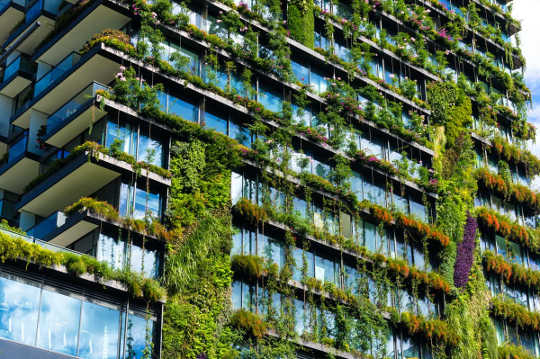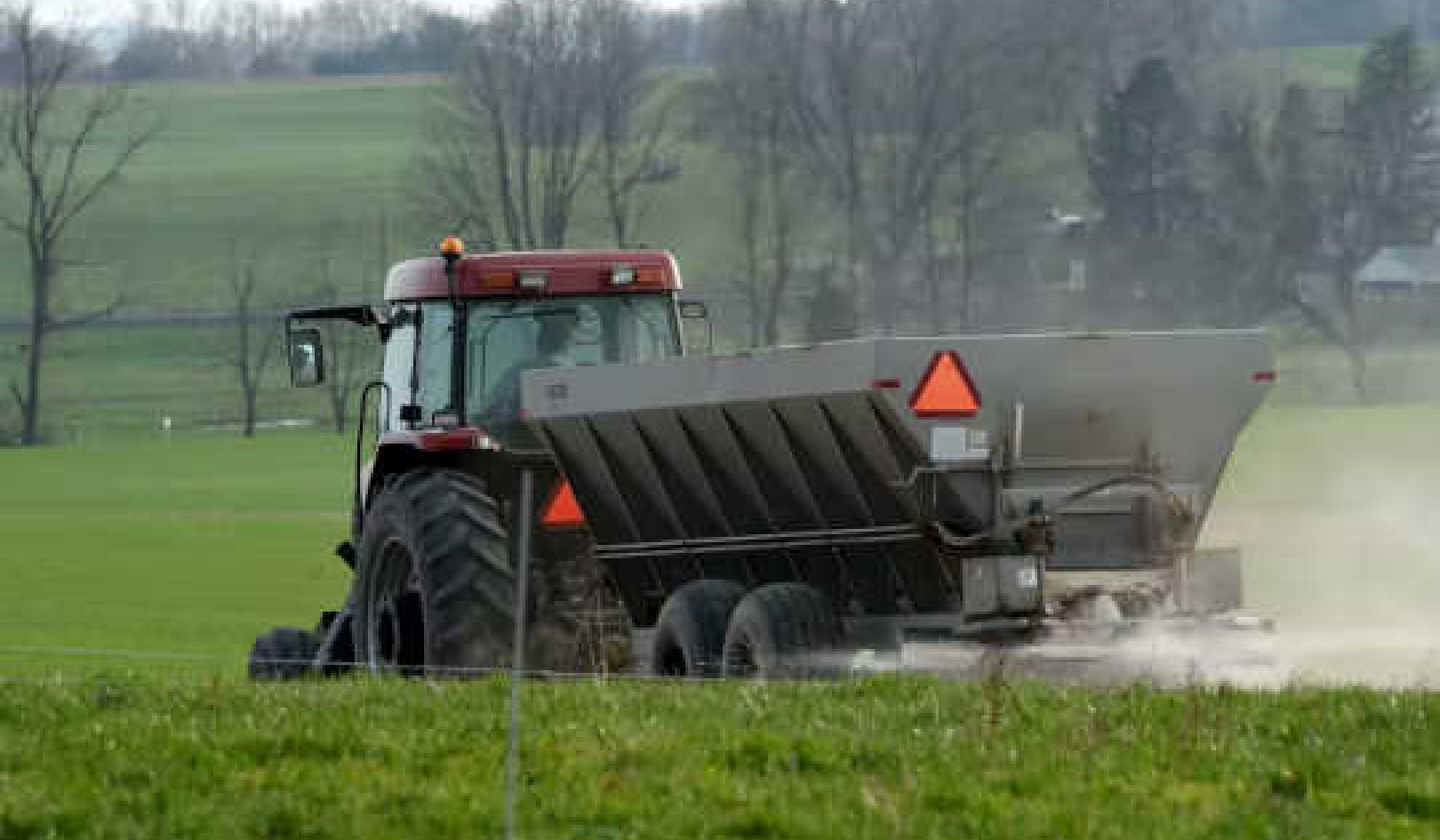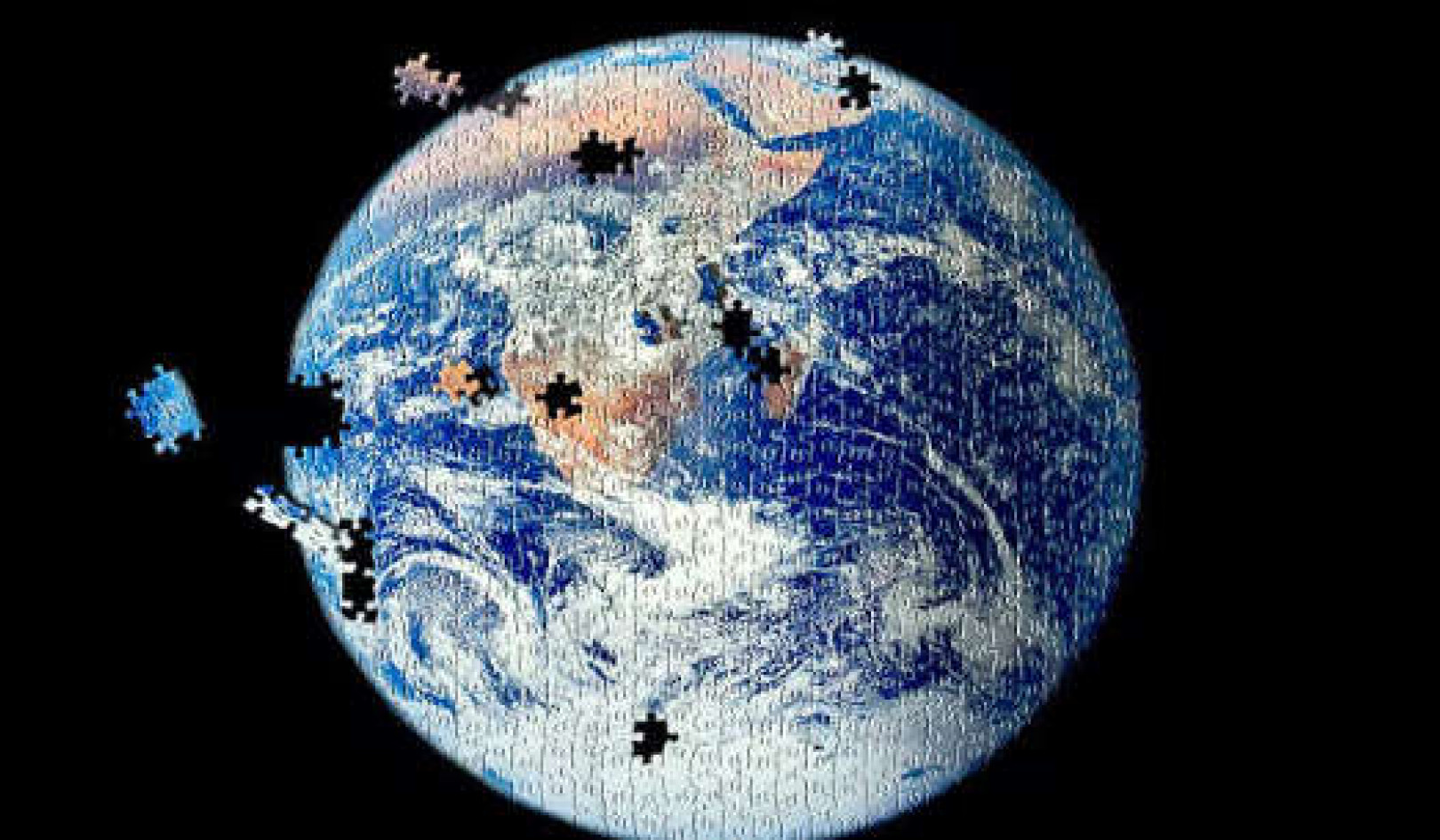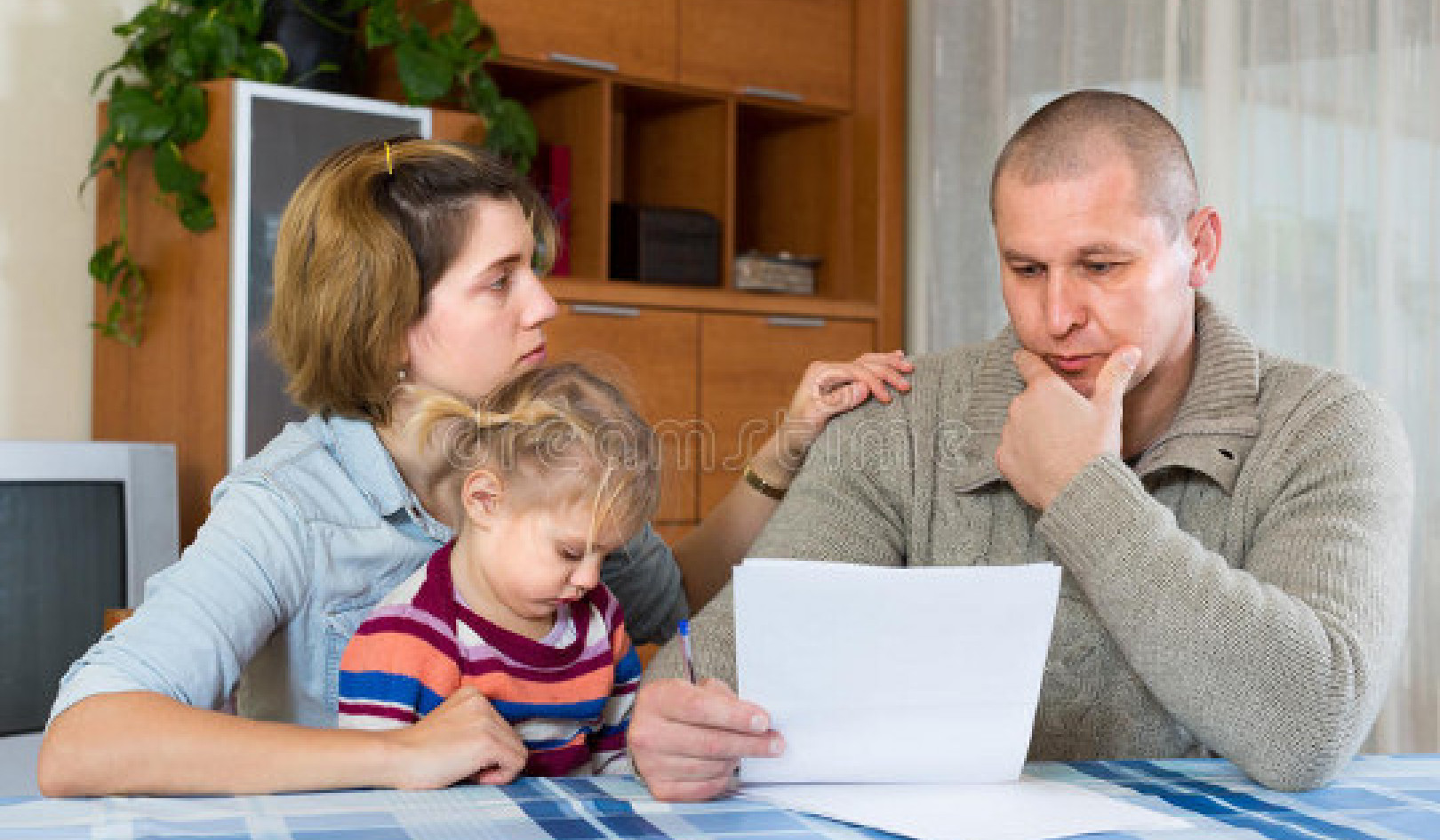
One-third of Himalayan ice cap is doomed, according to reports. Rudra Narayan Mitra / Shutterstock.com
Evidence of the devastating impacts of anthropogenic climate change are stacking up, and it is becoming horrifyingly real. There can be no doubt that the climate crisis has arrived. Yet another “shocking new study” led The Guardian and various other news media this week. One-third of Himalayan ice cap, they report, is doomed.
Meanwhile in Australia, record summer temperatures have wrought unprecedented devastation of biblical proportions – mass deaths of horses, bats and fish are reported across the country, while the island state of Tasmania burns. In some places this version of summer is a terrifying new normal.
The climate disaster future is increasingly becoming the present – and, as the evidence piles up, it is tempting to ask questions about its likely public reception. Numerous psychological perspectives suggest that if we have already invested energy in denying the reality of a situation we experience as profoundly troubling, the closer it gets, the more effort we put into denying it.
While originally considered as a psychological response, denial and other defence mechanisms we engage in to keep this reality at bay and maintain some sense of “normality” can also be thought of as interpersonal, social and cultural. Because our relationships, groups and wider cultures are where we find support in not thinking, talking and feeling about that crisis. There are countless strategies for maintaining this state of knowing and not-knowing – we are very inventive.
The key point is that it prevents us from responding meaningfully. We “succeed” in holding the problem of what to do about the climate crisis at a “safe” distance. As the crisis becomes harder to ignore – just consider the current batch of shocking reports – individually and culturally we will dig deeper to find ways to strategically direct our inattention.
How do you feel?
The standard narrative for a piece like the one I’m writing here, as a social scientist, is to now say something about how the crisis could be better communicated. The billion-dollar question, of course, is whether this most recent disaster can be used to motivate real change. No doubt it is important to keep this kind of commentary up. It is key that we consider how to give the climate crisis traction in a culture so accomplished at distancing us from uncomfortable realities.
But let’s be honest. No one really knows what works. We have never been here before. And I’m starting to think that more of this kind of analysis is, perversely, another example of distancing us from that crisis. Intellectualising terrifying climate crisis stories as an issue for “communicators” and “the public” is another way of detaching ourselves from their reality, from the relevance to me and you.
So let’s cut through all that and stop invoking an imaginary audience. Many terrible things are happening as a result of climate change – their happening is being reported. How are you receiving it? How does it feel? Are you shocked, horrified, scared, bored, tired? What do you do with the terror? Do you compartmentalise it somewhere “safe”? Perhaps like me, you know you care. You attach importance to climate change, you want to act correctly, avoid risking other lives, damaging homes and habitats. Perhaps you know you are scared too – scared of contemplating what we have already lost or of what will happen as the crisis gets closer still. Scared of what you are being asked to give up.
Add in some residual guilt and you might then engage in a defence of some kind, consciously or otherwise – telling yourself that others are more responsible, there is nothing we can do, everybody else seems to be carrying on as normal. As the crisis deepens, the walls close in, you might double down on those defences.
Imagining a future
So where do we go from here? How might this knowledge help us – you and me? We must make a commitment, but not of the kind you might imagine. The shocking reality of the climate crisis is making its way into the webs of everyday life, emotions, thought processes, relationships, hopes, dreams and fears. Perhaps we should commit to letting it, as an alternative to doubling down on our denial.
We can do this individually, but more important is collectively acknowledging our fears about actual and anticipated losses. Fears about the loss of species and habitats, but also our established ways of life. This leads to more constructive questions, about what we want to hang on to, what are our obligations? I don’t have ready answers to these questions, but I am still confident we can find ways to keep doing the things we really care about – for ourselves, each other, the places we live in. But we need to talk about these choices.

What do you want your future to look like? Olga Kashubin /Shutterstock.com
Such a process is still miles apart from many “sustainability” agendas. Halting the climate crisis is still predominately framed as a matter for individual choice and change – use less plastic, cycle to work, fly less. But the behavioural response required is way more complicated than that.
When it comes to the climate crisis, the personal is political. I am talking about a politics that grows from opposition and critique of our current systems. This is evident in young people organising school strikes and protesters willing to get arrested for their direct action. But we also need to pay more attention to what is lost, to who and what we care for, to other possible ways of being.
Some conservation scientists, at least, see recent cultural change as a hopeful sign of a growing sense of care and responsibility. So stop feeling guilty, it’s not your fault. Be attentive to what’s going on, so that you might notice what you care about and why. What are you capable of, and what might we be capable of together, when we aren’t caught between knowing and not knowing, denial and distress?
See what obligations emerge. There are no guarantees. But what else do we do?![]()
About The Author
Matthew Adams, Principal Lecturer in Psychology, University of Brighton
This article is republished from The Conversation under a Creative Commons license. Read the original article.
Related Books
at InnerSelf Market and Amazon
























